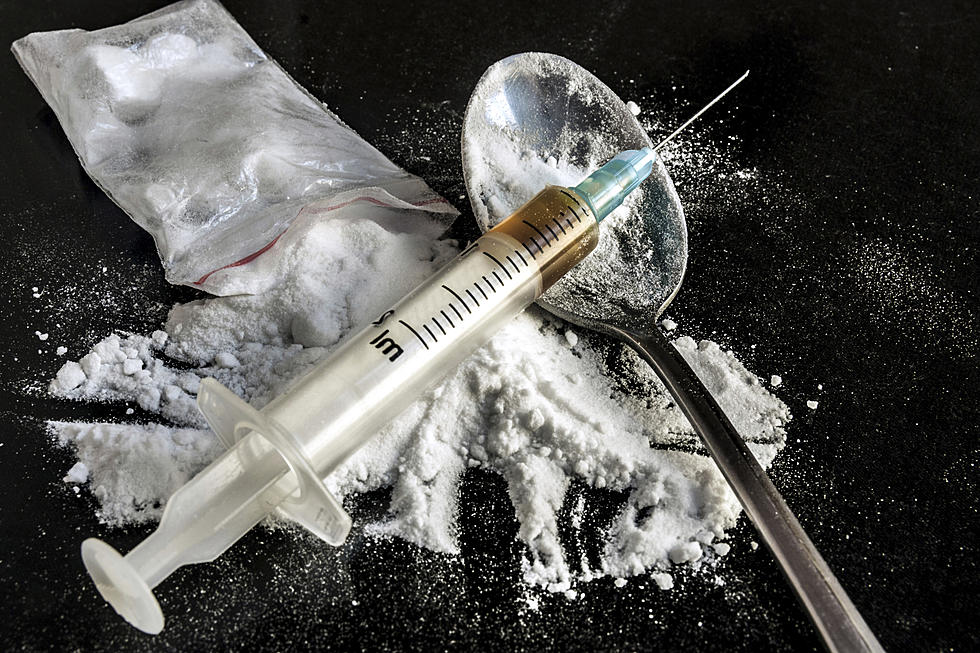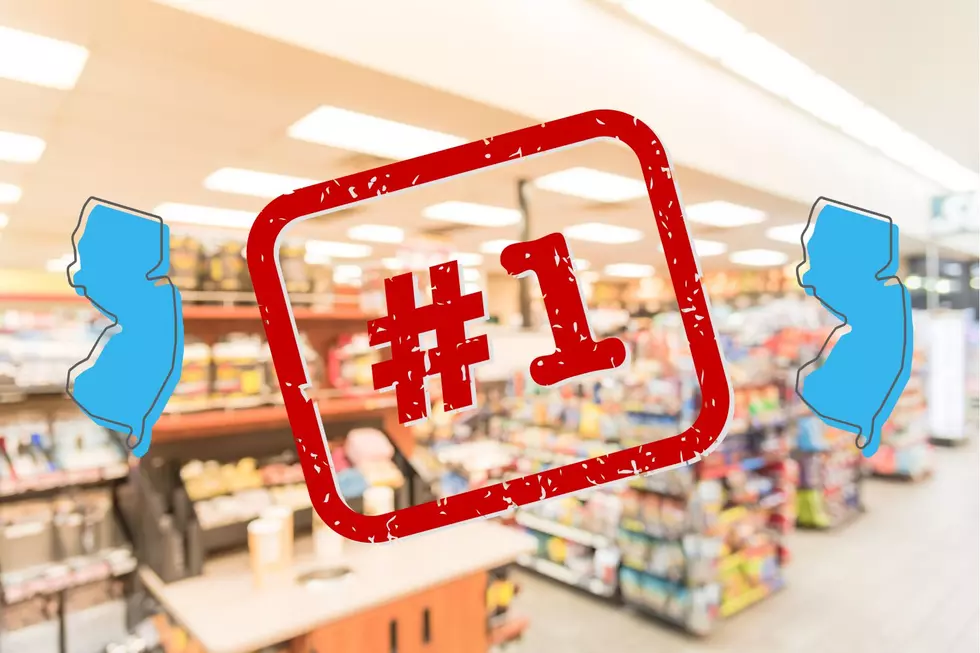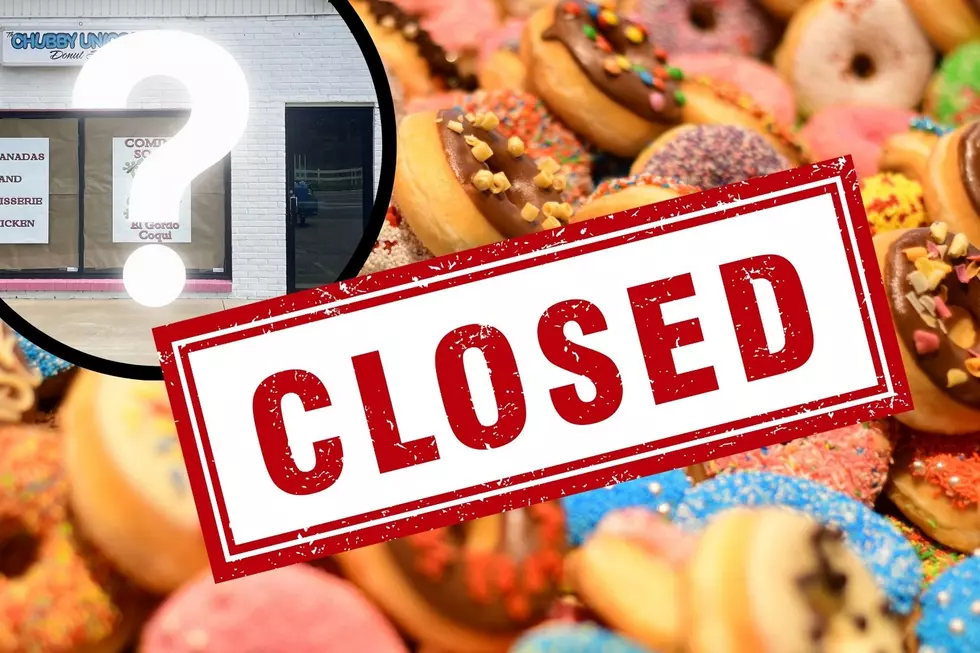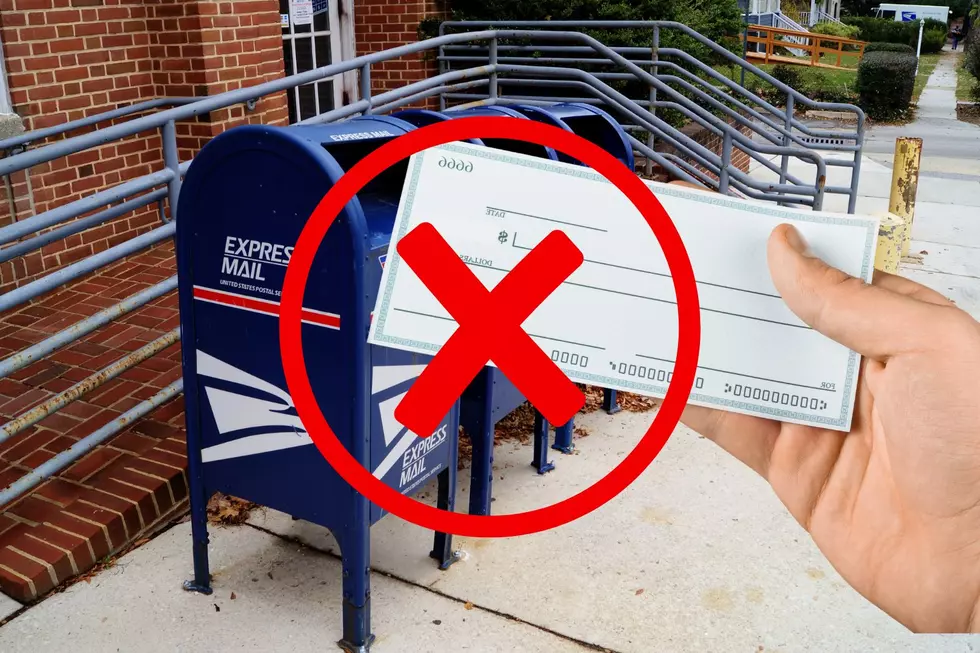
Stricter penalties sought for distribution of fentanyl
In 2017, 172 people in Monmouth County lost their lives to a drug overdose. One year later, that casualty count was easily surpassed — overdoses took 215 lives in the county.
That jump can easily be blamed, officials say, on fentanyl, a synthetic opioid that's taken the local and statewide drug problem to a startling new level.
According to Monmouth County Chief of Detectives John McCabe, tests on more than 80 percent of last year's overdose victims came back positive for fentanyl, which is exponentially more powerful than the drugs it typically laces, able to kill a user in a dose as big as a grain of salt.
Despite fentanyl's potency, and its immediate connection to the heroin epidemic gripping the Garden State, penalties for unlawfully distributing the narcotic don't reach a level as severe as penalties attached to the distribution of the hard drugs themselves, such as heroin and cocaine.
"Right now on the books you can only prosecute somebody for second-degree time," said Monmouth County Prosecutor Chris Gramiccioni.
Under current law, those who dispense fentanyl in a quantity of one ounce or more are generally subject to five to 10 years in prison or a fine of up to $150,000, or both.
Gramiccioni has been part of a push by the law enforcement community to increase the penalties related to fentanyl manufacturing and distribution.
Dealers add the substance to their supply, Gramiccioni said, to create a quicker addiction, and "create a client for life." Users, meanwhile, may see the added narcotic as a way to produce a greater high, and are willing to risk their lives for it.
But the buyers aren't the only ones at risk, Gramiccioni said. Nurses, EMS providers and police can be killed by inadvertent exposure to fentanyl.
Under a bill that's been idle in both the state Assembly and Senate, the penalties for unlawfully manufacturing, distributing or dispensing fentanyl would fall in line with heroin/cocaine laws. Incidents involving five ounces or more of fentanyl would be a crime of the first degree; a defendant faces up to 20 years behind bars or a maximum $200,000 fine, or both.
It would still be a second degree crime to distribute less than five ounces but more than half an ounce.
Gramiccioni said stricter penalties would ideally serve as a greater deterrent.
Last week, Monmouth County officials announced that 32 people had been charged in connection with a drug ring in the county's Bayshore region that was pumping out 20,000 bags of heroin per month. Much of the heroin was laced with fentanyl.
More From 105.7 The Hawk










